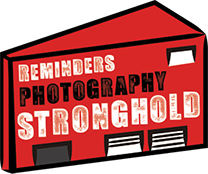The 22nd RPS GRANTEE Ana Lorente
We are pleased to announce that Ana Lorente’s proposal “Archives[0]” has been selected as the 22nd grantee of Reminders Photography Stronghold Grant from 2020 June deadline submissions selected by our six commissioned judges, Peggy Sue Amison, Erik Vroons, Giuseppe Oliverio, Alexa Becker, Michael Dooney and Salvatore Vitale.
We are now scheduling her exhibition in 2021, more news later!
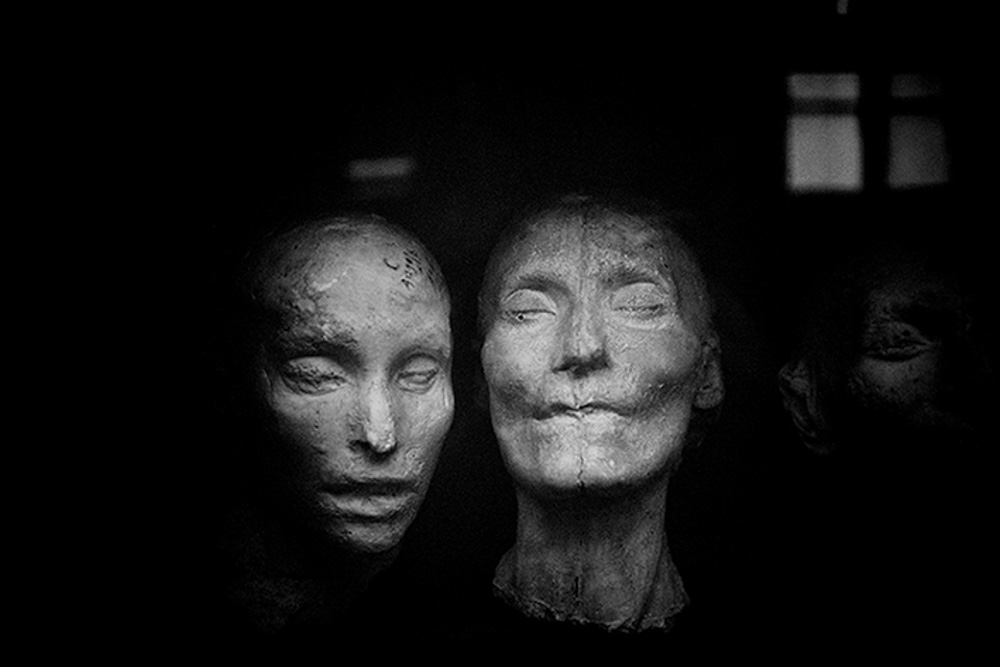
©︎Ana Lorente / Archives [0]
Archives [0]
ARCHIVES [0] explores the form of antifeminist discourse through stories of women which have been abused or accused during the last quarter of the 19th century and early 20th century in Spain.
At the end of the 19th century, the “feminine issue” occupied a central part of the scientific, philosophical and medical debates that translated into an interest in defining the place that women should occupy in spanish society and in the family, as well as what their rights and obligations should be. With the rise of feminist movements and the proliferation of ideas in defense of the independence of women, there was an increase in tensions in the debate on their role, as well as a greater interest in redefining arguments sustained in evidence of markedly anti-feminist character. Different theories were developed in the scientific arena, that reinforce the classical ideas about the inferiority of women based on the anatomy presented through scientific methodology. Adultery, abortion, desobedience and prostitution were defined as the tipical female “crimes” related to women’s bodies and their sexuality.
The names of imprisoned or murdered women appear irregularly in the events sections of the spanish press in the late 19th and early 20th century, a period known as the Belle Epoque. The acts committed against them changed their social status from innocent to guilty, from living person to dead or from free to imprisoned. They are shown in the press as isolated and often justified episodes. More than a hundred years after these events happened, their stories have re-emerged from the same place where they were deposited. Their status of transgressors of the line marked between the allowed and the prohibited had positioned them somewhere in the archives. To this fact, almost ironically, they owe their existence.
Josefa, Victorina, Mariana, Felisa, Maria del Amparo, Tomasa, Francisca and Enriqueta have accompanied me during these last three years. They wouldn’t know, but this research project works in their defense. Their stories have become an object of study along with the documents found in the archives. All those women with their particular stories, individually and collectively, represent the submission to patriarchal control during the crisis of thought that took place in the last decades of the 19th and early 20th century.
The project has been possible thanks to: Museo Olavide, Madrid; Institut d’Historia de la Ciencia i la Medicina Lòpez Piñero, Valencia; Royal College of Obstetricians and Gynaecologists, London; Museo di Antropologia criminale Cesare Lombroso, Torino; Museo del Calzado José Maria Amat Amer, Elda; Museu de la Perruqueria Raffel Pagès, Barcelona, Museo de Anatomia Javier Puerta UCM, Madrid and Museo d’Historia de la Medicina de Catalunya.
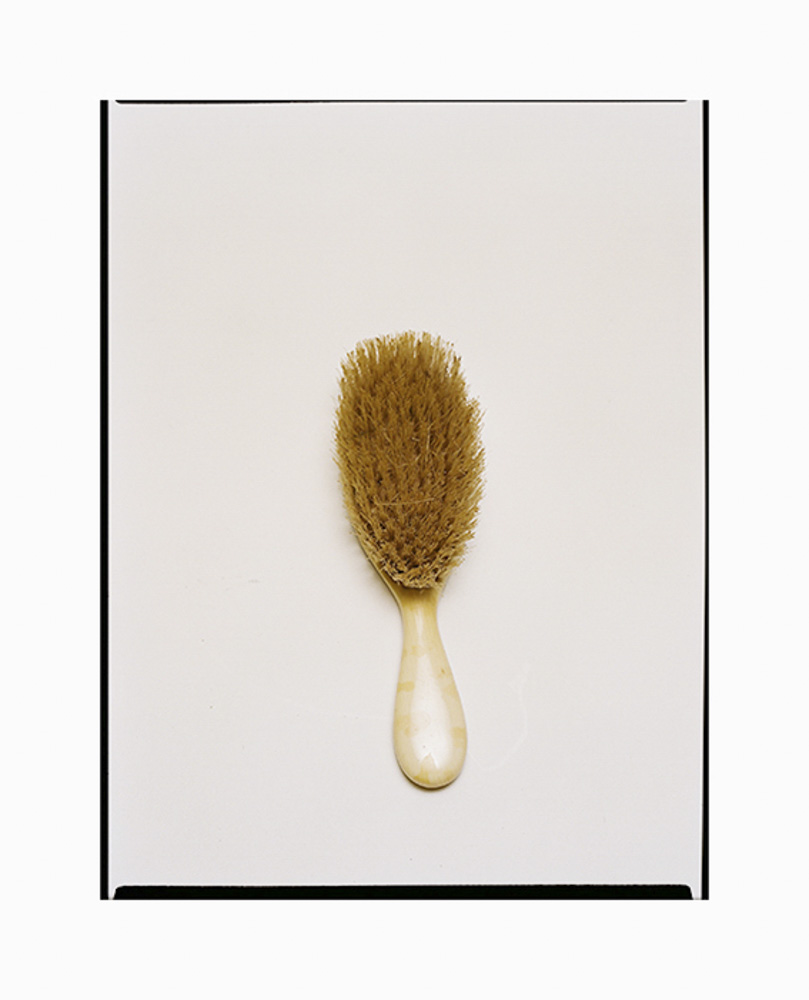
©︎Ana Lorente / Archives [0]
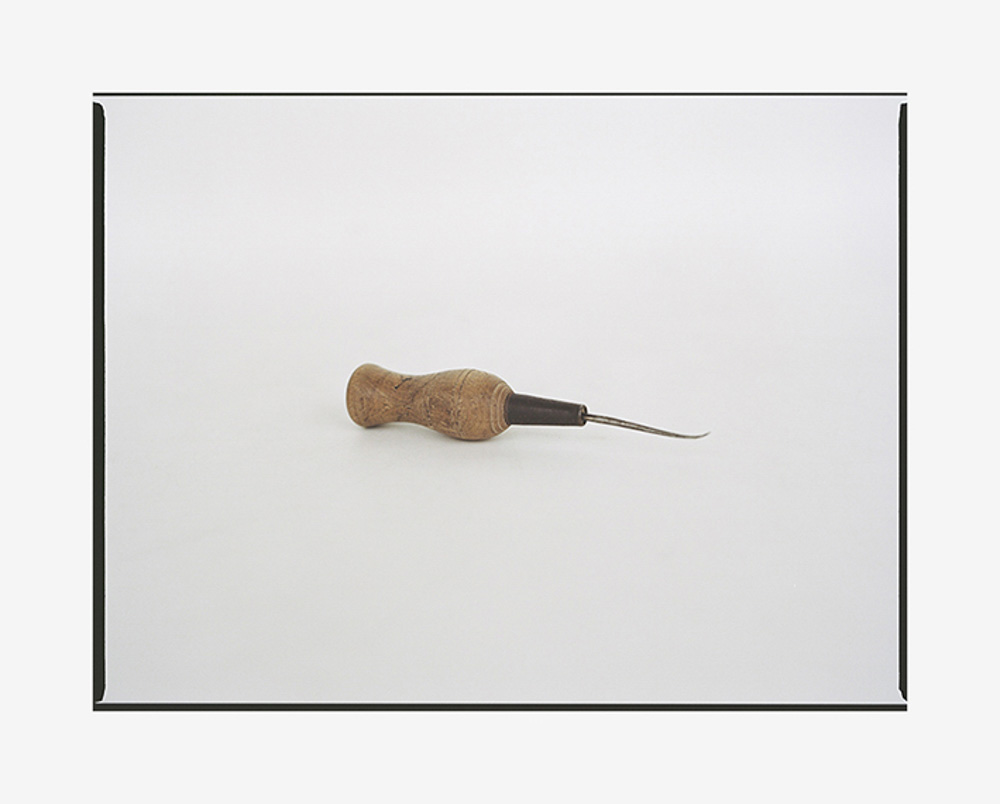
©︎Ana Lorente / Archives [0]
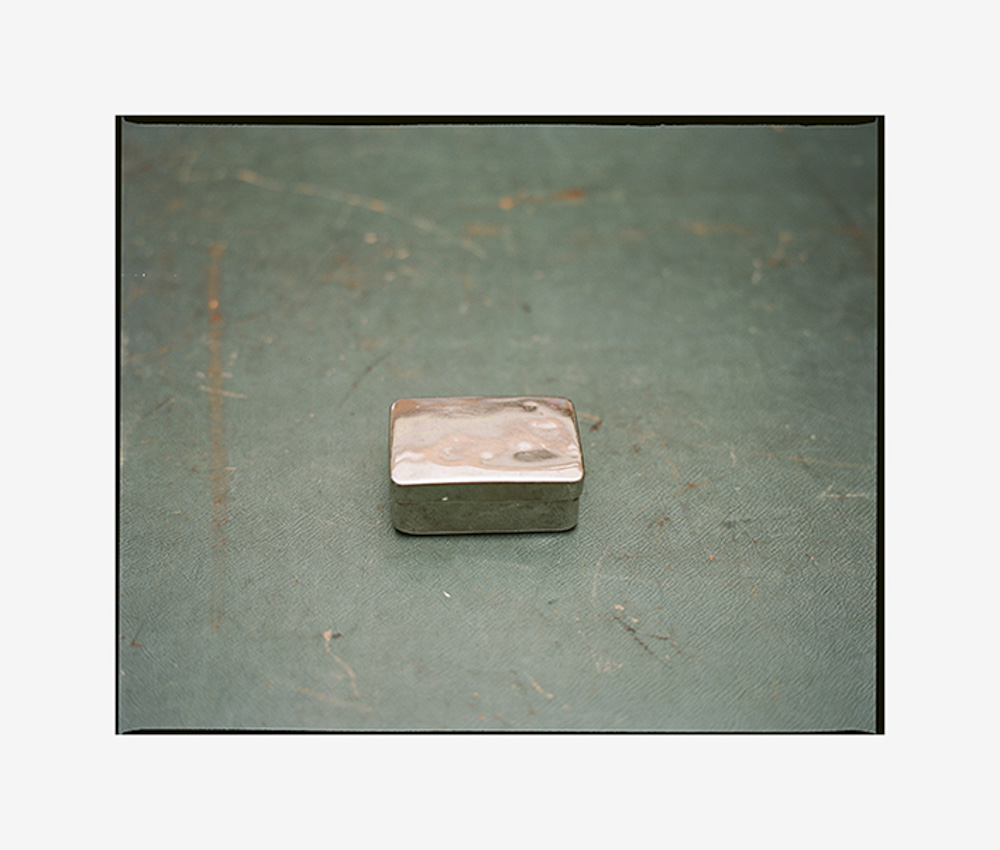
©︎Ana Lorente / Archives [0]
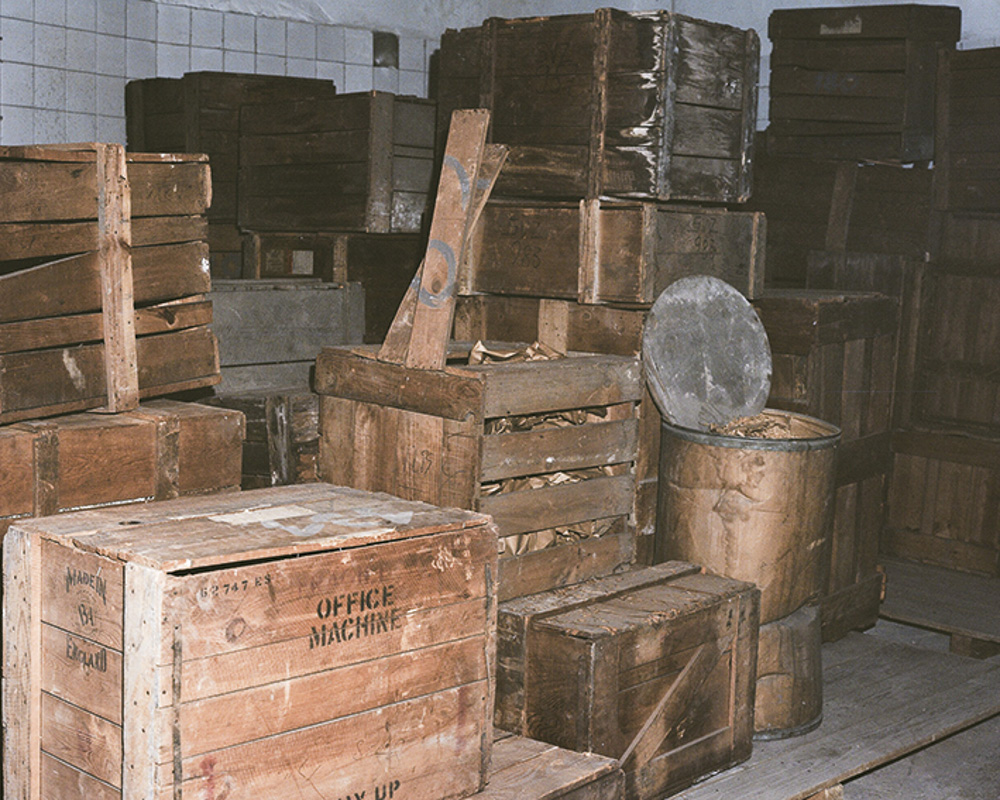
©︎Ana Lorente / Archives [0]
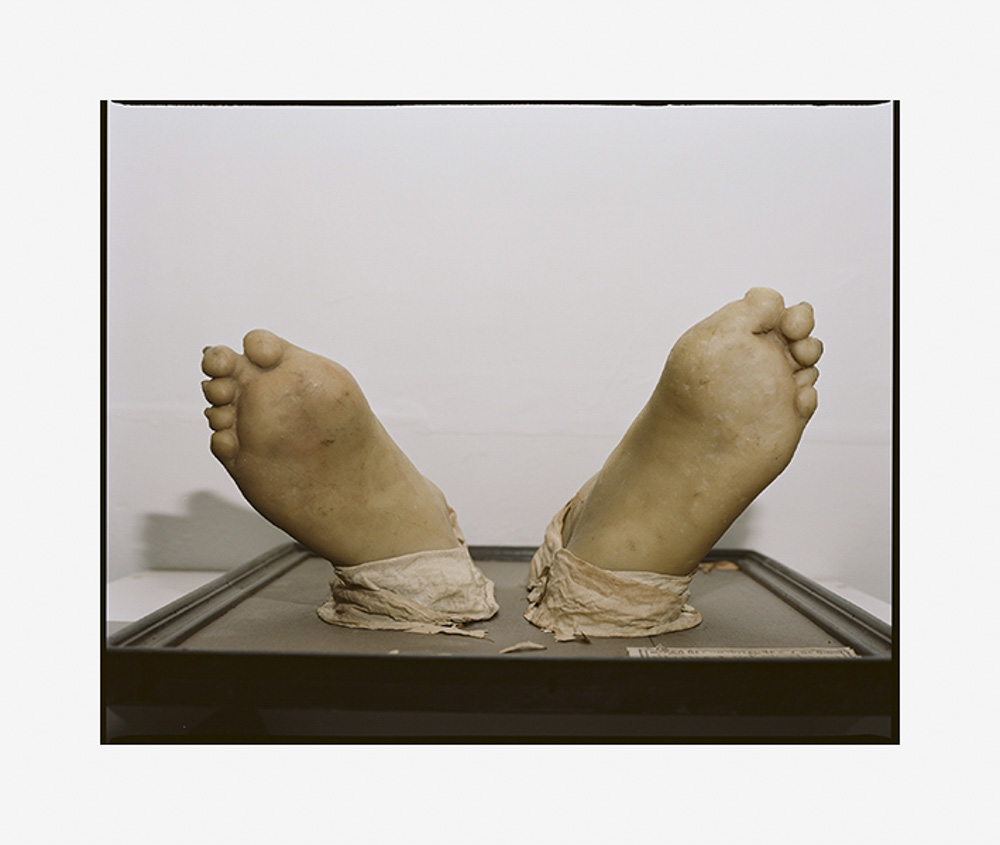
©︎Ana Lorente / Archives [0]
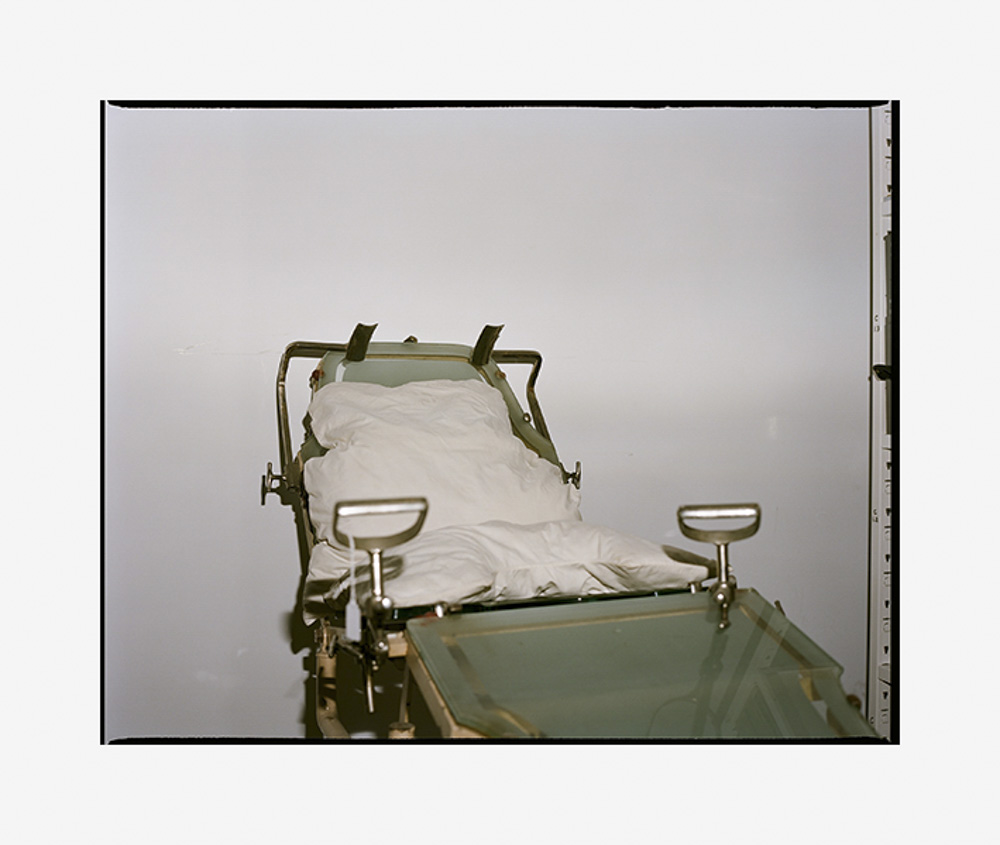
©︎Ana Lorente / Archives [0]
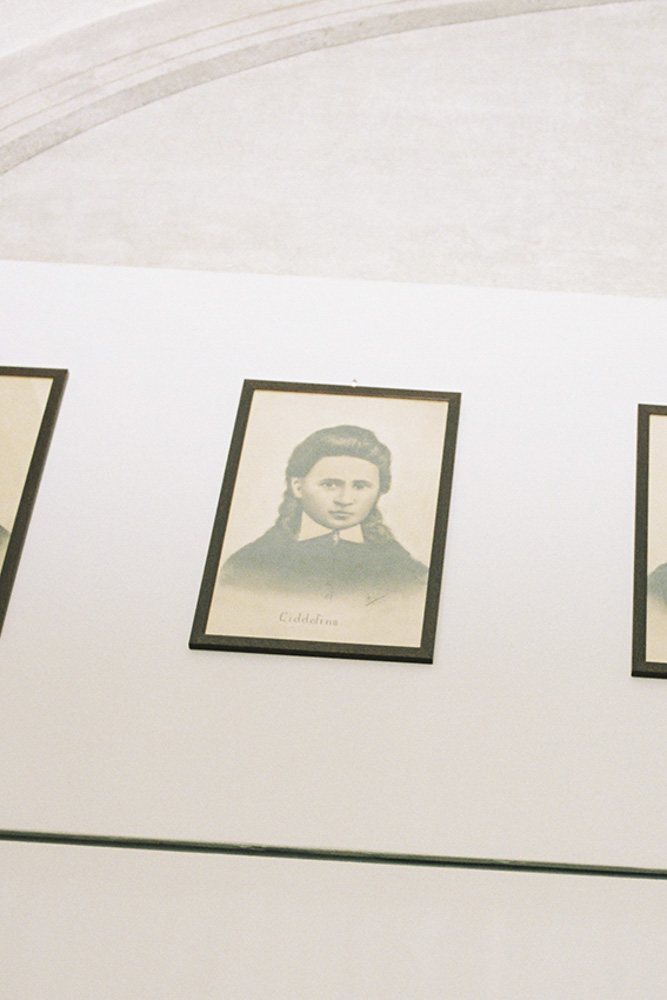
©︎Ana Lorente / Archives [0]
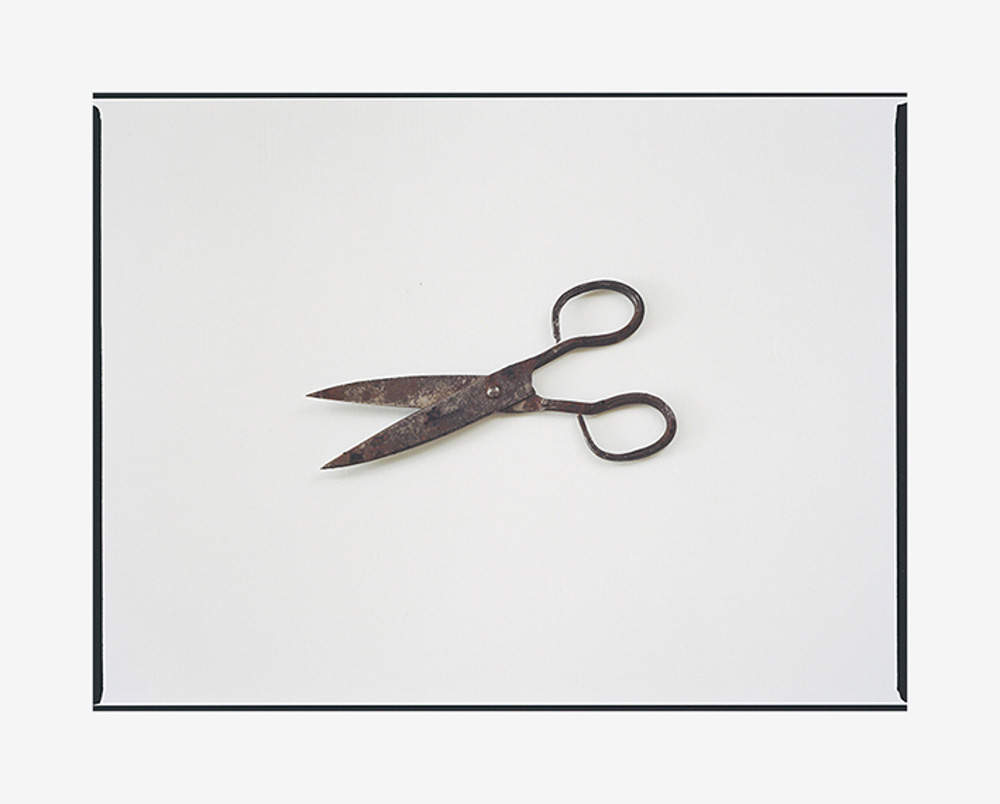
©︎Ana Lorente / Archives [0]
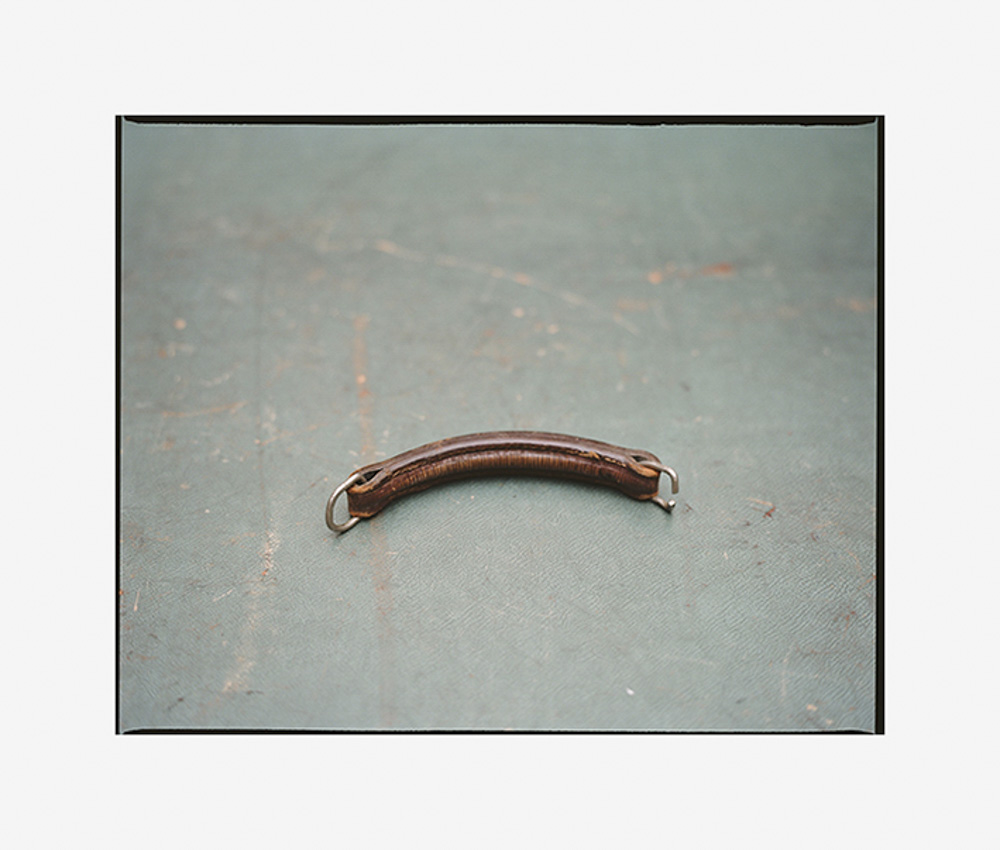
©︎Ana Lorente / Archives [0]
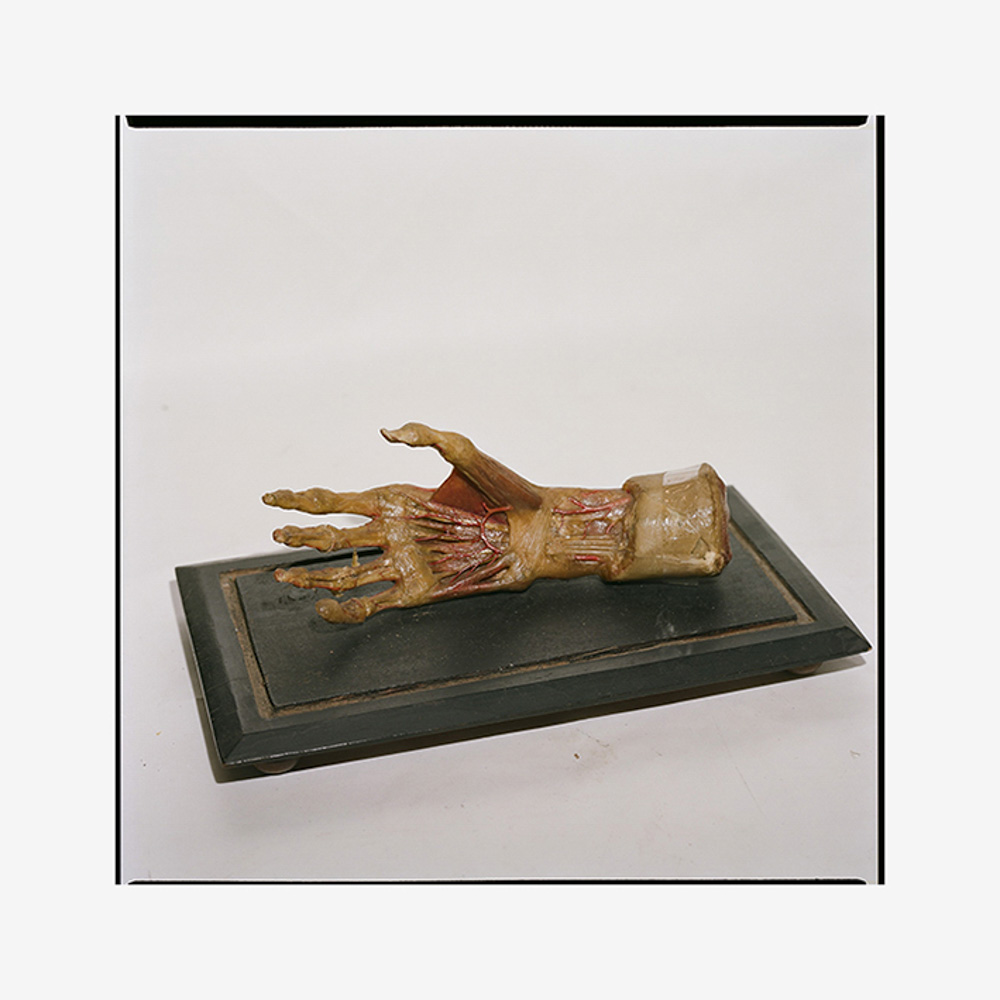
©︎Ana Lorente / Archives [0]
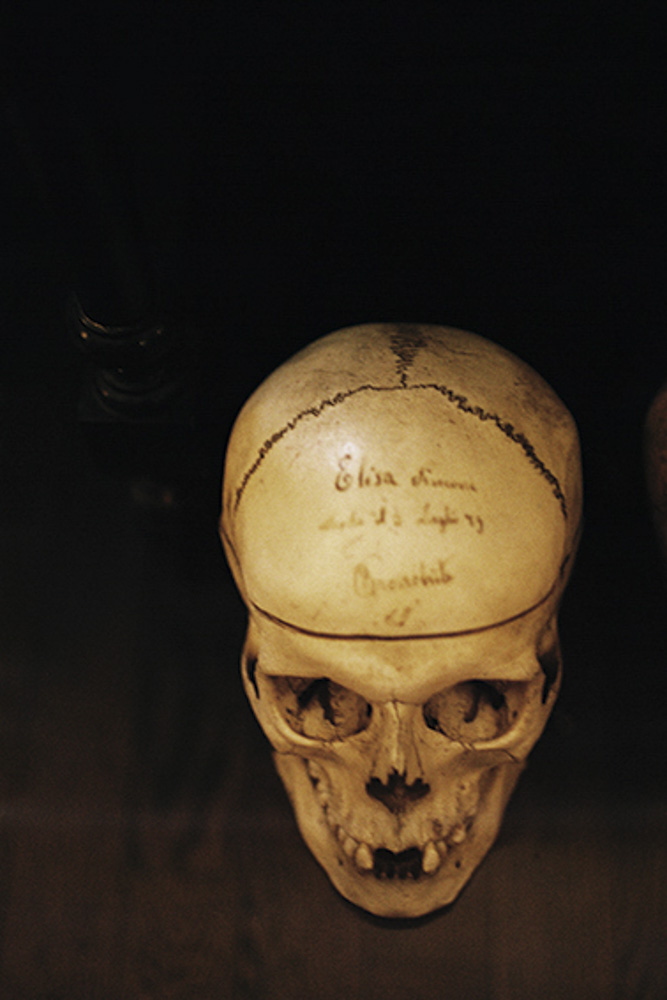
©︎Ana Lorente / Archives [0]
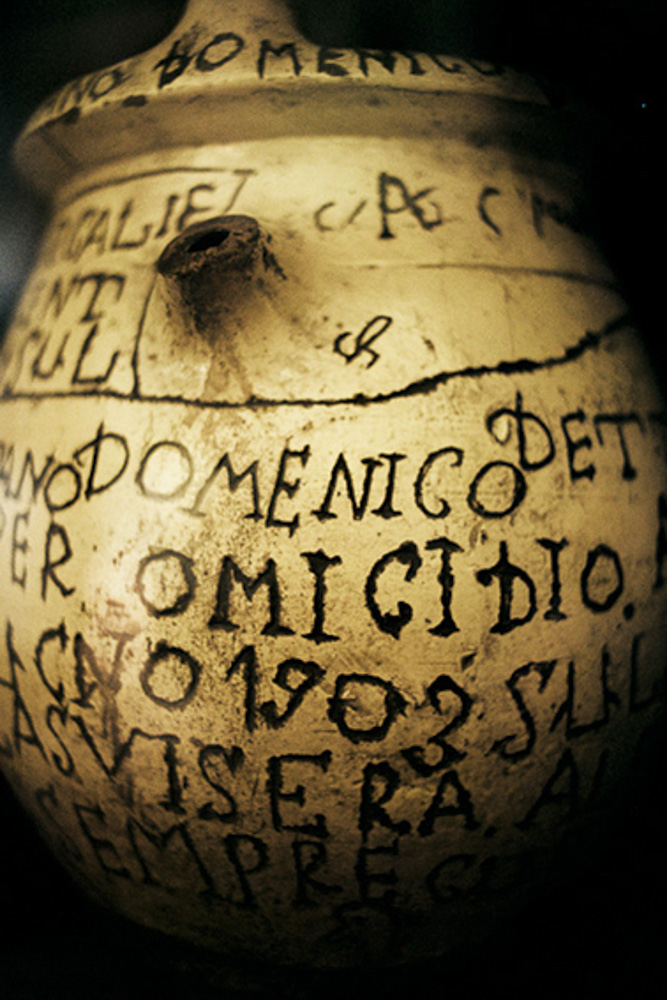
©︎Ana Lorente / Archives [0]
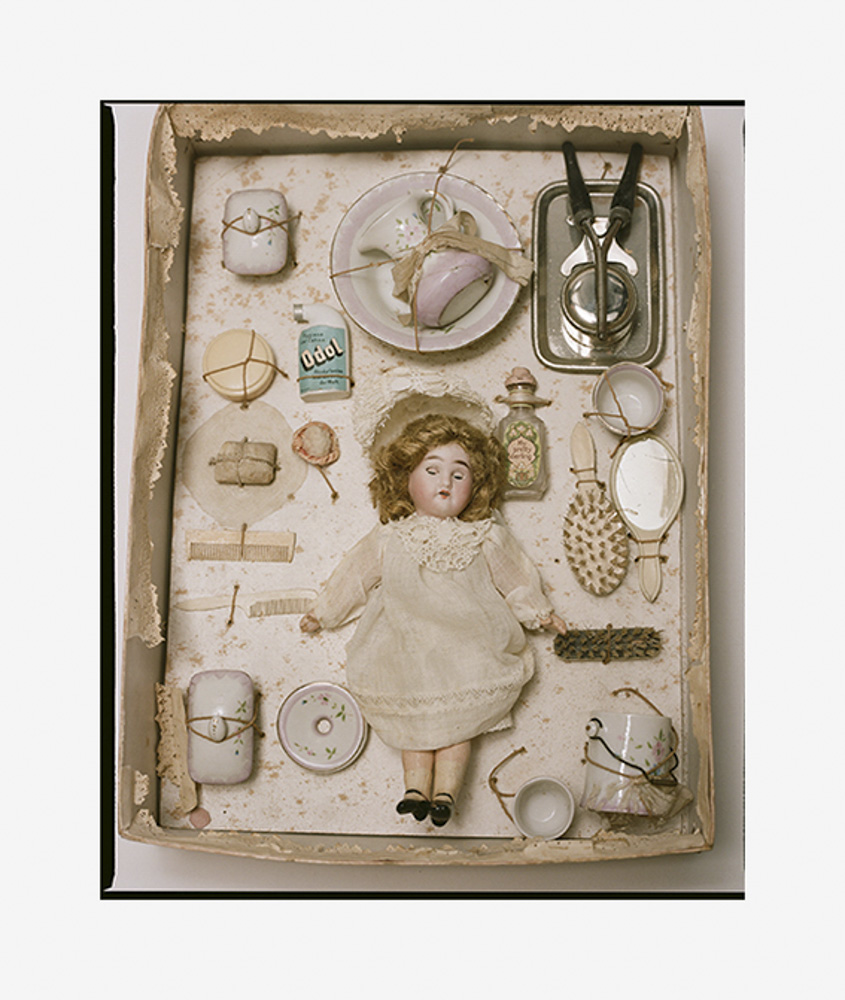
©︎Ana Lorente / Archives [0]
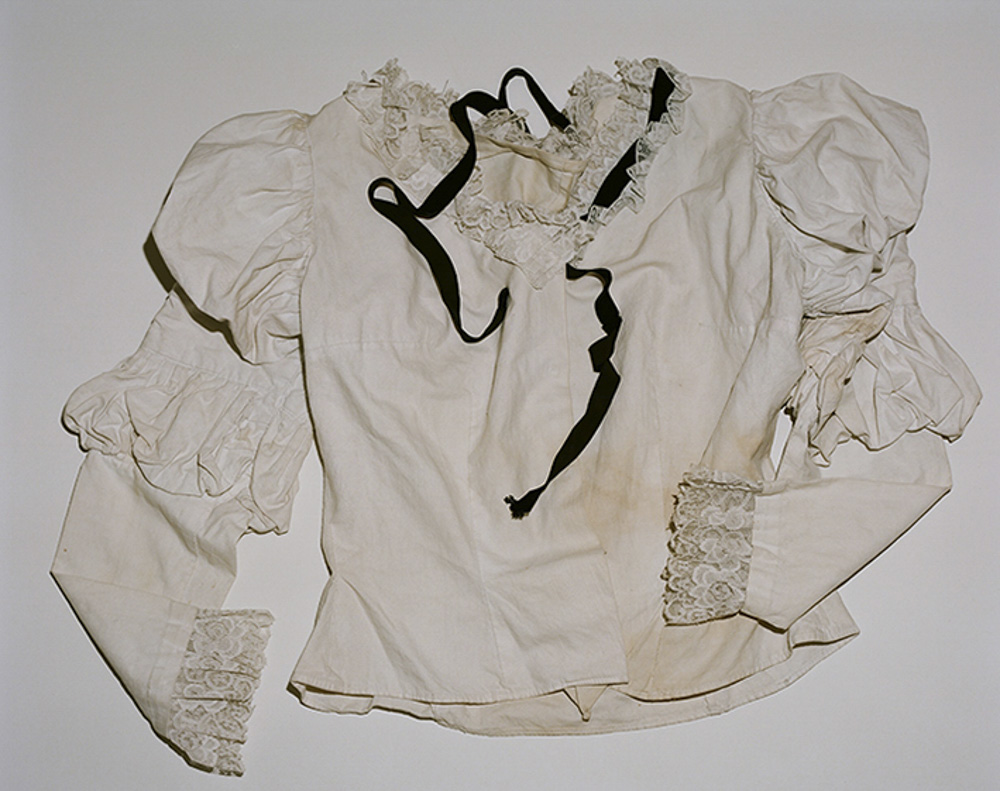
©︎Ana Lorente / Archives [0]
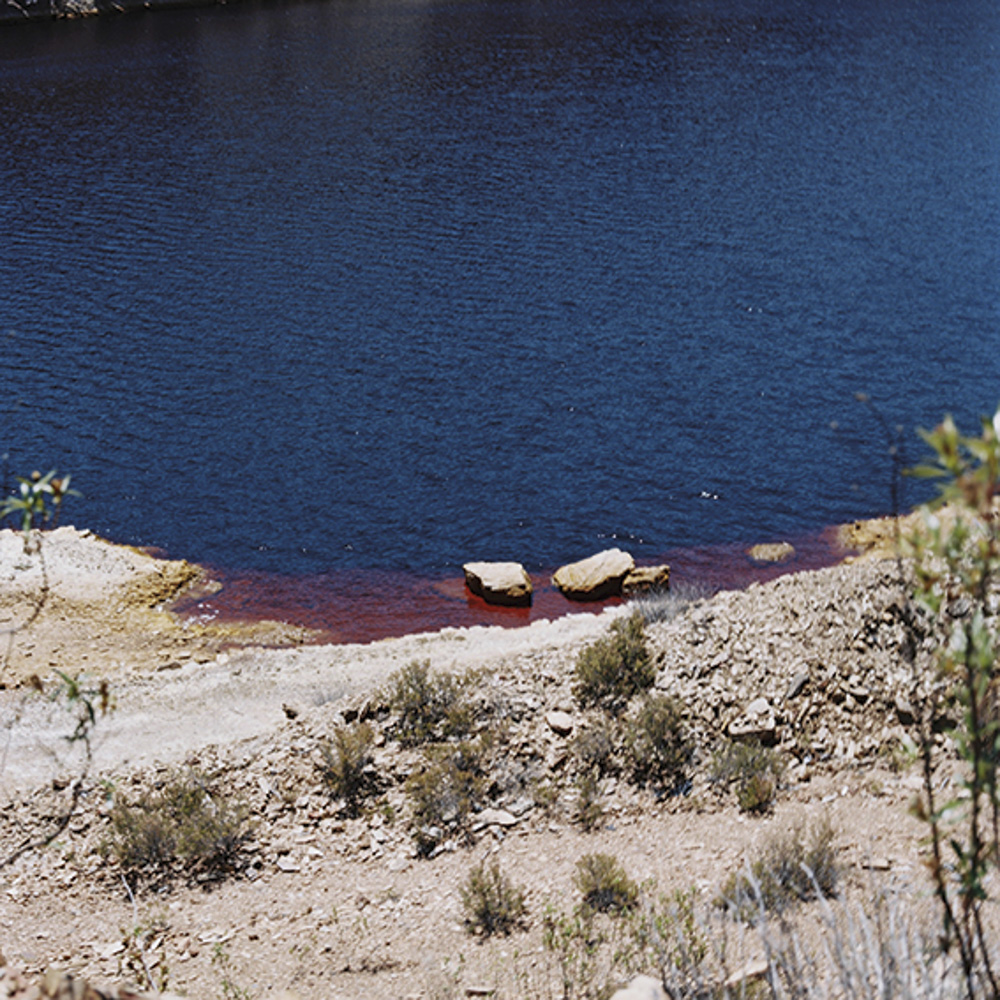
©︎Ana Lorente / Archives [0]
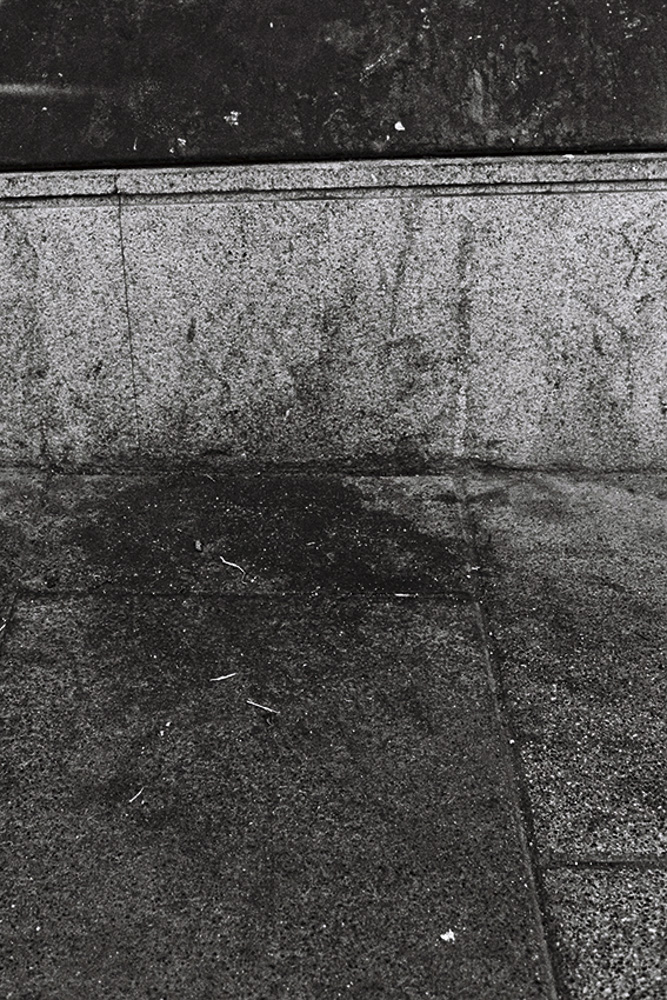
©︎Ana Lorente / Archives [0]
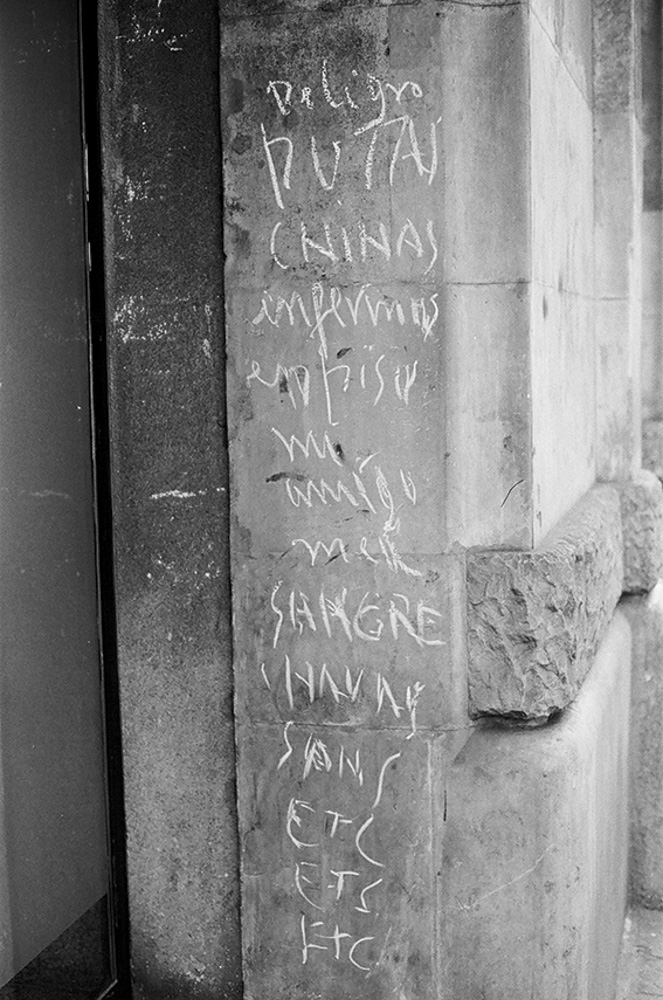
©︎Ana Lorente / Archives [0]
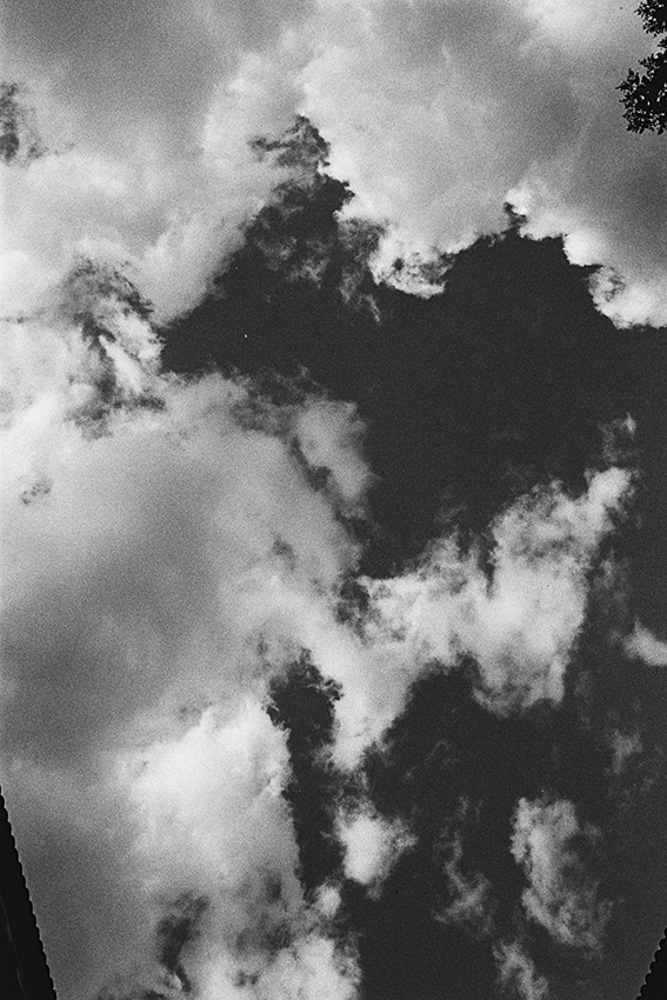
©︎Ana Lorente / Archives [0]
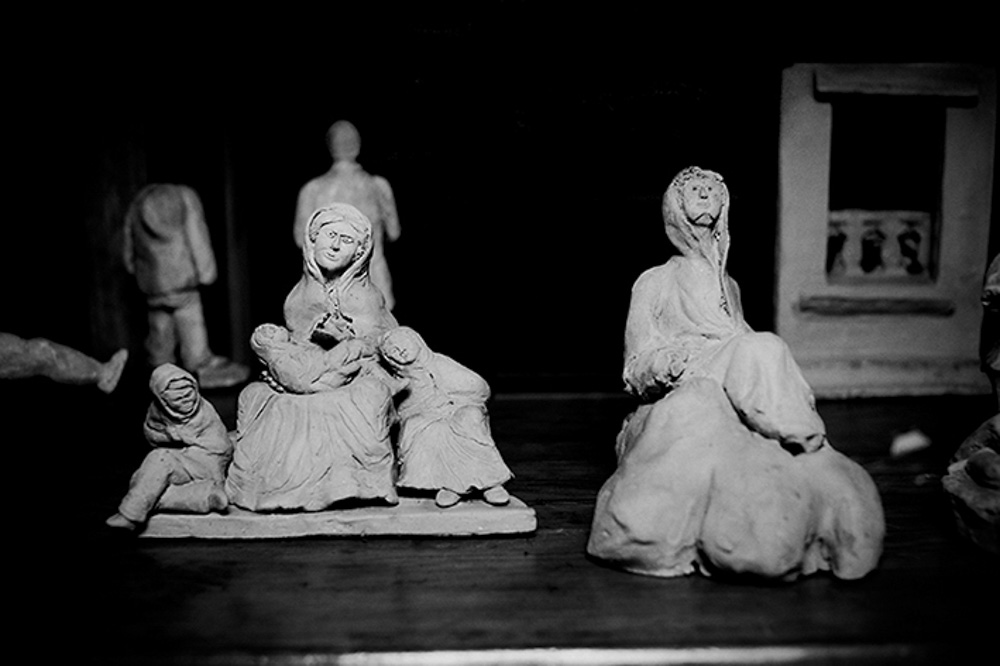
©︎Ana Lorente / Archives [0]
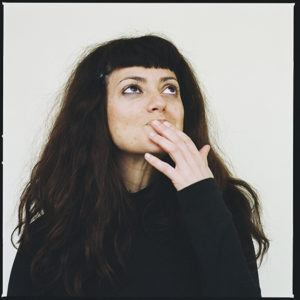
©︎Ana Lorente
Profile | Ana Lorente
photographer, researcher, teacher and visual artist-.
I was born in Barcelona. After I studied History of Art and Photography I spent a few years working on documentary photography focused on social issues in West Africa, Palestine and the Balkans in collaboration with different organizations and media such as Le Monde Diplomatique (spanish edition).
Currently I’m developing a doctoral thesis in wich I explore issues related to misoginy, history and the construction of the past through an artistic practice based on photography and archival materials. The line of work I’m following for the lasts few years focuses on how the relation between autority and submission towards women was built in the past through particular stories. As a result I did the project Archives [0] and La buena esposa, shortlisted in DOCfield Photobook Dummy Award Fundació Banc Sabadell, 2018.

